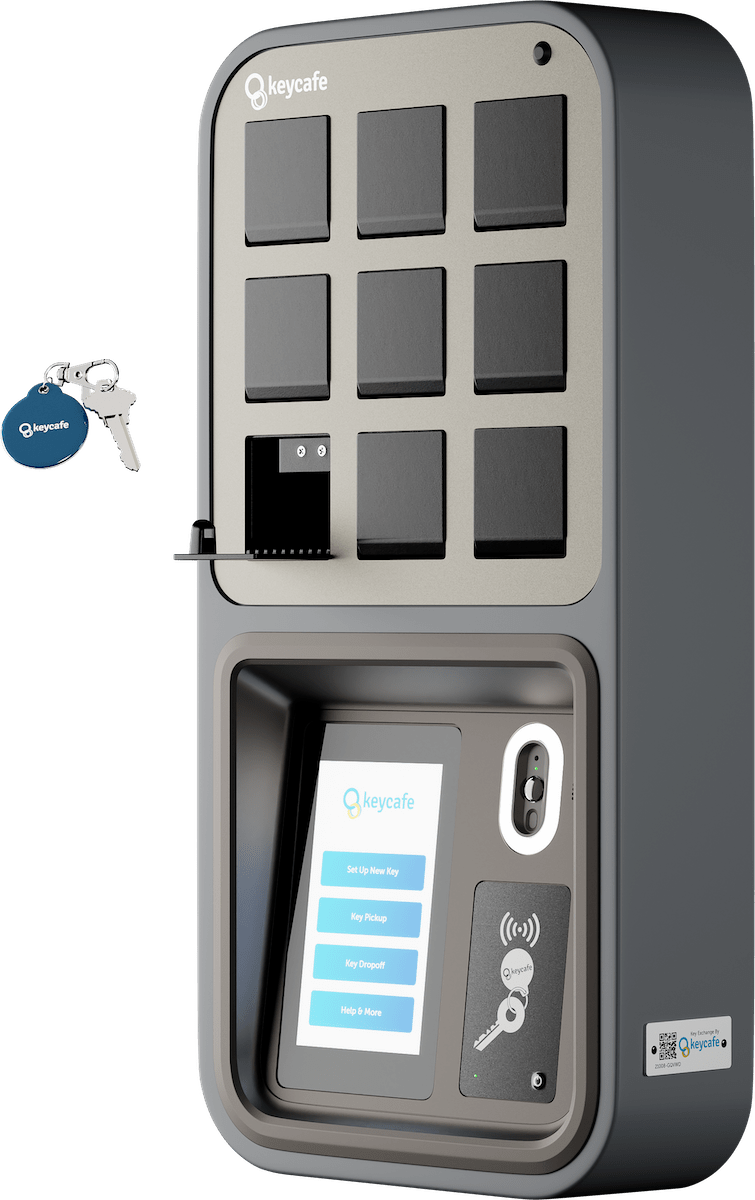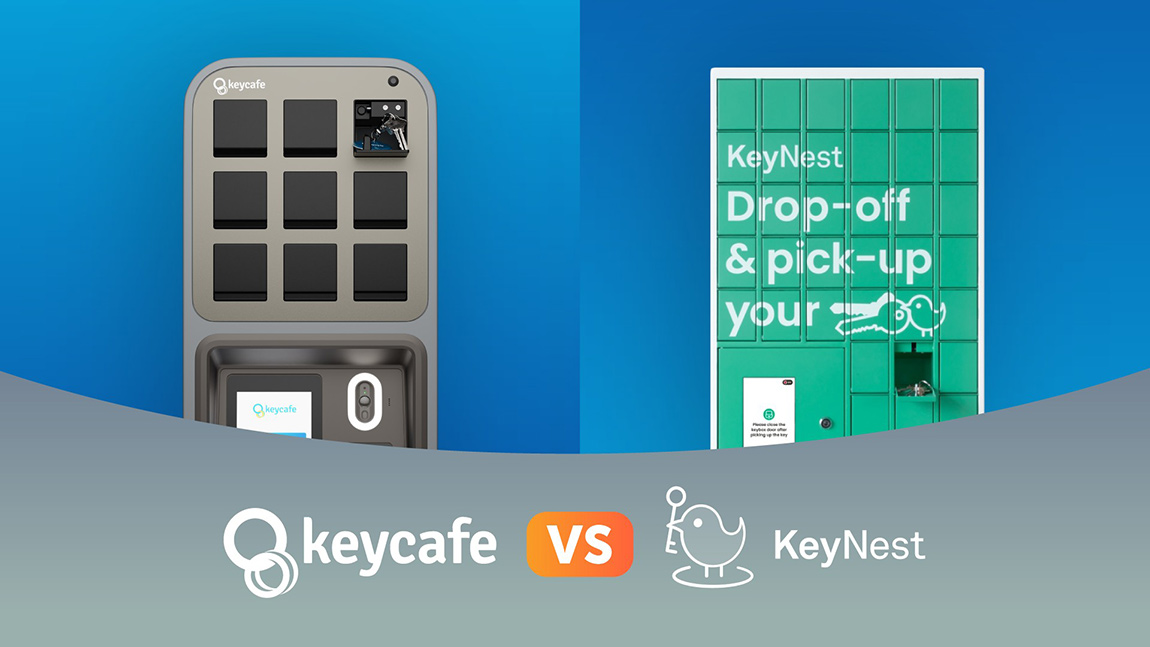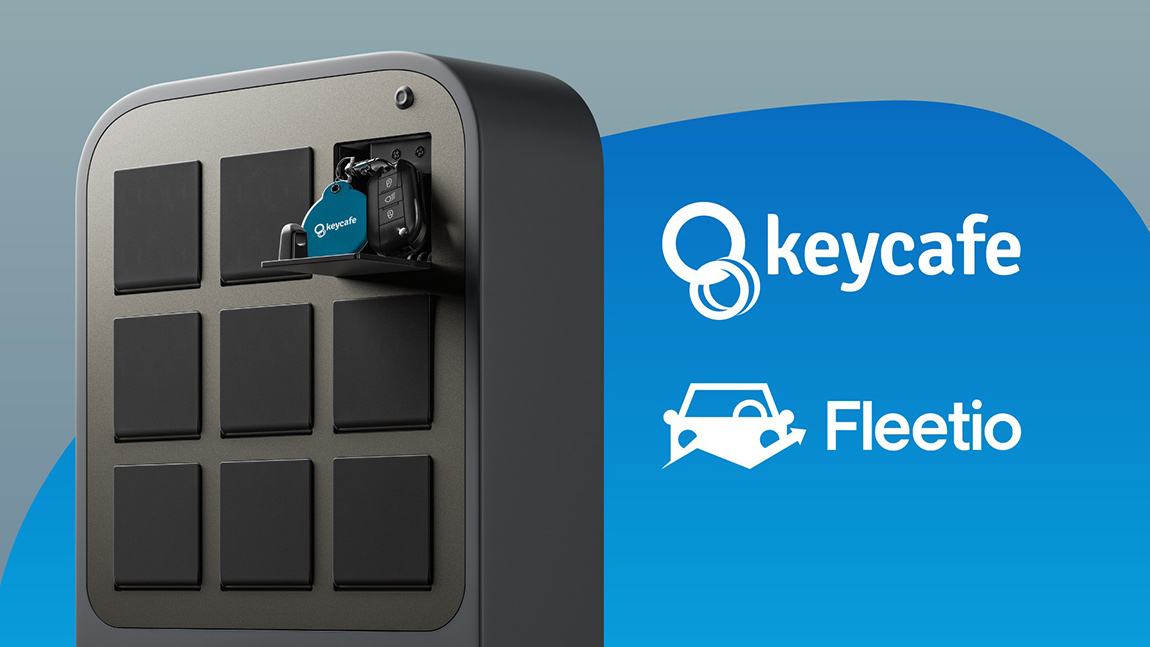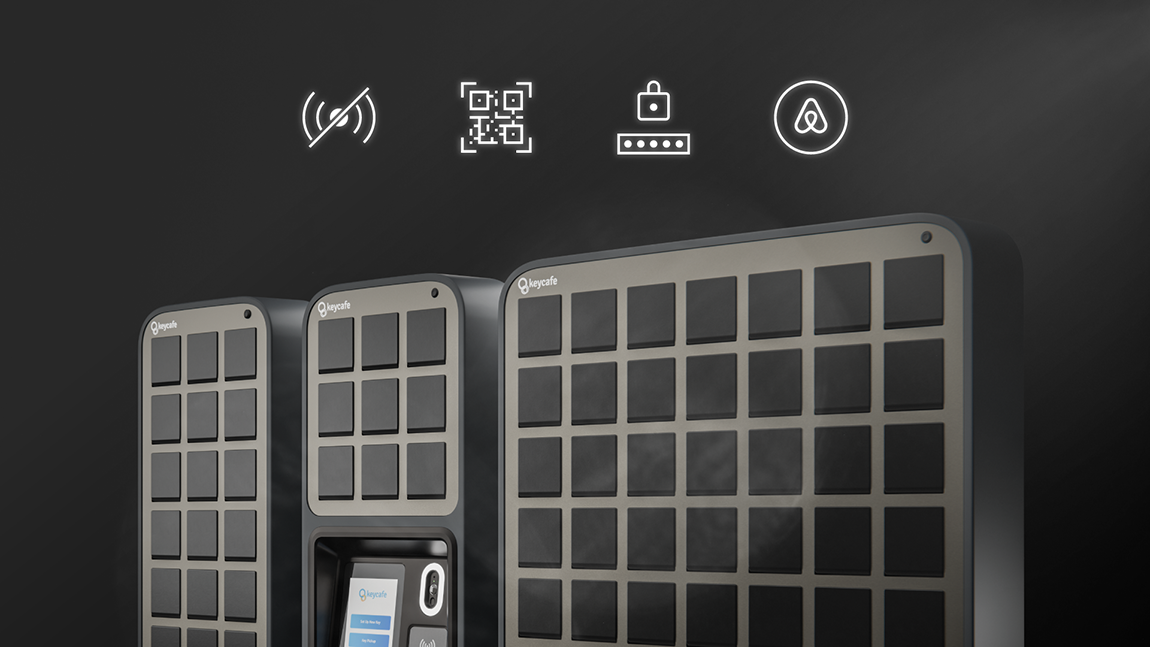Een 2024 hotelindustrie rapport door Deloitte benadrukt de prioriteiten voor hotel general managers zoals het beheren van de cashflow, het verbeteren van de prestaties met behoud van winstgevendheid en het omgaan met inflatiedruk. Hier kijken we hoe we de top 4 uitdagingen kunnen aanpakken.
1. Het beheren van personeelsverloop
Huidige statistieken tonen aan dat het personeelsverloop in de horeca varieert van van 30% tot 73% wereldwijd. Personeelstekorten of constant verloop kunnen de ervaringen van gasten schaden, terwijl het aannemen en trainen van nieuwe teamleden zowel tijdrovend als kostbaar kan zijn.
Te ondernemen stappen:
- Investeer in uw personeel door trainingsprogramma's, mentorschap en kansen voor carrièregroei aan te bieden. Erkenning van het harde werk van uw team en het creëren van een omgeving waarin mensen zich gewaardeerd voelen, zal de langetermijnretentie bevorderen.
- Bied voordelen die ervoor zorgen dat uw team wil blijven. Volgens een artikel in The Blacklightbiedt Ritz-Carlton ziektekostenverzekeringen, collegegeldvergoedingen en wellnessprogramma's, wat leidt tot een personeelsverloop dat veel lager ligt dan het gemiddelde in de sector.
- Cross-train uw team zodat ze indien nodig verschillende rollen kunnen vervullen. Dit helpt gaten te dichten tijdens personeelstekorten en zorgt ervoor dat de operatie soepel blijft verlopen. Hyatt heeft effectief cross-trainingsprogramma's geïmplementeerd om de operationele flexibiliteit te verbeteren en de servicekwaliteit te behouden tijdens piekperiodes, wat een cultuur van continue ontwikkeling en aanpassingsvermogen bevordert.
2. Zorgen voor consistente gasttevredenheid
De tevredenheid van gasten verandert voortdurend en zelfs kleine problemen hebben een grote impact op beoordelingen en waarderingen. Onderzoeken tonen aan dat 50% van de mensen online beoordelingen net zo vertrouwt als persoonlijke aanbevelingen.
Te ondernemen stappen:
- Geef je team de tools om snel te reageren op feedback van gasten—zowel online als persoonlijk. Software zoals TrustYou of ReviewPro kan het verzamelen en beantwoorden van feedback van gasten veel gemakkelijker maken, waardoor gasten zich gehoord voelen.
- Maak training een vast onderdeel van de routine van uw front-line personeel zodat ze zich op hun gemak voelen bij het omgaan met gastinteracties en het oplossen van problemen. Platforms zoals Typsy bieden snelle, boeiende lessen die uw team in hun drukke schema's kan passen, waardoor ze zich zelfverzekerder en beter voorbereid voelen om gasten te helpen.
- Gebruik technologie, zoals hotelmanagementsystemen, om de gastervaring zo naadloos mogelijk te maken. Met tools zoals Alicekunnen gasten diensten aanvragen, zoals roomservice of onderhoud, rechtstreeks vanaf hun smartphone. Het doel is om ervoor te zorgen dat gasten eenvoudig en zonder gedoe krijgen wat ze nodig hebben.
3. Operationele kosten in evenwicht brengen
Operationele kosten beheren en tegelijkertijd geweldige service leveren is een echte evenwichtsoefening in de horeca. Hoe kan operationeel management de hotelprestaties verbeteren? Met stijgende kosten voor nutsvoorzieningen, arbeid en benodigdheden kan winstgevend blijven aanvoelen als een zware strijd. En het gaat niet alleen om geld, het gaat erom dat u geen concessies doet die de ervaring van uw gasten kunnen beïnvloeden.
Te ondernemen stappen:
- Om uw kosten beter te beheren, houdt u uw operationele statistieken bij met tools zoals ProfitSword of HotStats. Deze tools geven u inzichten om kostenbesparende mogelijkheden te ontdekken zonder de servicekwaliteit in gevaar te brengen.
- Minimaliseer overheadkosten zoals vervanging van verloren sleutels door een hotelsleutelbeheersysteem te gebruiken zoals Keycafe dat tijd bespaart en verloren sleutels elimineert. Het implementeren van een toegangscontrolesysteem helpt ervoor te zorgen dat gebieden effectief worden beveiligd en bewaakt.
- Laat apparatuuronderhoud niet door de mazen van het net glippen—regelmatig onderhoud kan u helpen dure storingen te voorkomen. Hulpmiddelen zoals Limble CMMS kunnen werkorders automatiseren, onderhoud plannen en de prestaties van apparatuur bijhouden.
4. Coördineren van interne teamcommunicatie
Door de housekeeping-, onderhouds- en receptieteams op één lijn te houden, zorgt u ervoor dat uw hotel soepel verloopt. Een rapport van McKinsey & Company zegt dat het verbeteren van de interne communicatie de productiviteit met wel 25% kan verhogen. Miscommunicatie kan leiden tot vertragingen, kamerproblemen of zelfs veiligheidsrisico's die de gastervaring schaden.
Te ondernemen stappen:
- Gebruik taakbeheertools zoals Asana of Trello om taken, deadlines en verantwoordelijkheden bij te houden. Deze tools maken het voor iedereen makkelijker om te weten wat er gebeurt en op dezelfde pagina te blijven.
- Houd teams verbonden met behulp van platforms zoals Flexkeeping, die speciaal zijn ontworpen voor hotelactiviteiten en helpen problemen te verminderen door communicatie en efficiëntie te verbeteren.
- Gebruik digitale mededelingenborden of communicatie-apps zoals Beekeeper om iedereen op de hoogte te houden van belangrijke aankondigingen, ongeacht hun afdeling of dienst.
Vooruitgaan
Een goed gerund hotel is het resultaat van slimme planning, goede investeringen en een sterke teaminspanning. Investeren in de juiste software en training zal uw hotelactiviteiten toekomstbestendig maken en zorgen voor maximale operationele efficiëntie.
Blijf op de hoogte van de laatste trends in de hospitality-industrie en sta open voor nieuwe manieren om dingen te doen die de efficiëntie kunnen verbeteren en de gastervaring kunnen verbeteren. Maak gebruik van data-inzichten en adopteer nieuwe technologieën om de concurrentie voor te blijven. Hoe proactiever en aanpasbaarder u bent, hoe beter uw hotel zal presteren: geweldige service leveren en onvergetelijke ervaringen creëren voor uw gasten in een voortdurend veranderende industrie.
To take the first step towards minimizing operational costs, talk to the Keycafe team to see how a hotel key management system can benefit your hotel operations.
Veel Gestelde Vragen
Hoe kunnen kleinere of onafhankelijke hotels met beperkte budgetten deze strategieën effectief implementeren zonder toegang tot uitgebreide middelen zoals grote hotelketens?
Kleinere of onafhankelijke hotels met beperkte budgetten kunnen deze strategieën implementeren door te beginnen met kosteneffectieve of gratis tools en zich te richten op initiatieven met een grote impact, zoals het kruislings opleiden van personeel of het verbeteren van de communicatie via gratis platforms, zoals Google Workspace.
Ze kunnen ook prioriteit geven aan investeringen die het meeste rendement opleveren, zoals toegangscontrolesystemen om terugkerende kosten te verminderen, zoals vervanging van verloren sleutels of betaalbare gastfeedbacktools. Samenwerken met lokale hospitalitynetwerken of -verenigingen kan extra middelen en gedeelde oplossingen bieden die zijn afgestemd op kleinere operators.
Zijn er specifieke casestudies of succesverhalen van hotels die deze uitdagingen hebben overwonnen met behulp van de aanbevolen hulpmiddelen en benaderingen?
Succesverhalen zoals Concord Hospitality's laten zien hoe het inzetten van gerichte tools specifieke operationele pijnpunten kan oplossen. Boutique- of familiehotels kunnen vergelijkbare strategieën aanpassen door te investeren in schaalbare technologieën die inspelen op hun directe behoeften, zoals het automatiseren van routinetaken of het verbeteren van communicatie.
Gepersonaliseerde gastervaringen en sterke relaties met het personeel kunnen kleinere hotels nog meer onderscheiden, zonder dat daar grote budgetten voor nodig zijn.
Wat zijn de beste werkwijzen voor het evalueren en kiezen van de juiste technologie- of softwareoplossingen die zijn afgestemd op de unieke behoeften van een hotel?
Hotelmanagers moeten beginnen met het identificeren van hun belangrijkste operationele uitdagingen en het stellen van duidelijke doelen. Als gastfeedback bijvoorbeeld een probleem is, is het cruciaal om een tool te selecteren die naadloos integreert met bestaande beoordelingsplatforms. Het raadplegen van leveranciers voor demo's, het zoeken naar aanbevelingen van collega's en het beoordelen van de schaalbaarheid van de software zijn essentiële stappen.
Onafhankelijke beoordelingen en getuigenissen van gebruikers kunnen ook een evenwichtig perspectief bieden, waardoor managers hun technologische keuzes kunnen afstemmen op de specifieke behoeften van hun hotel.







